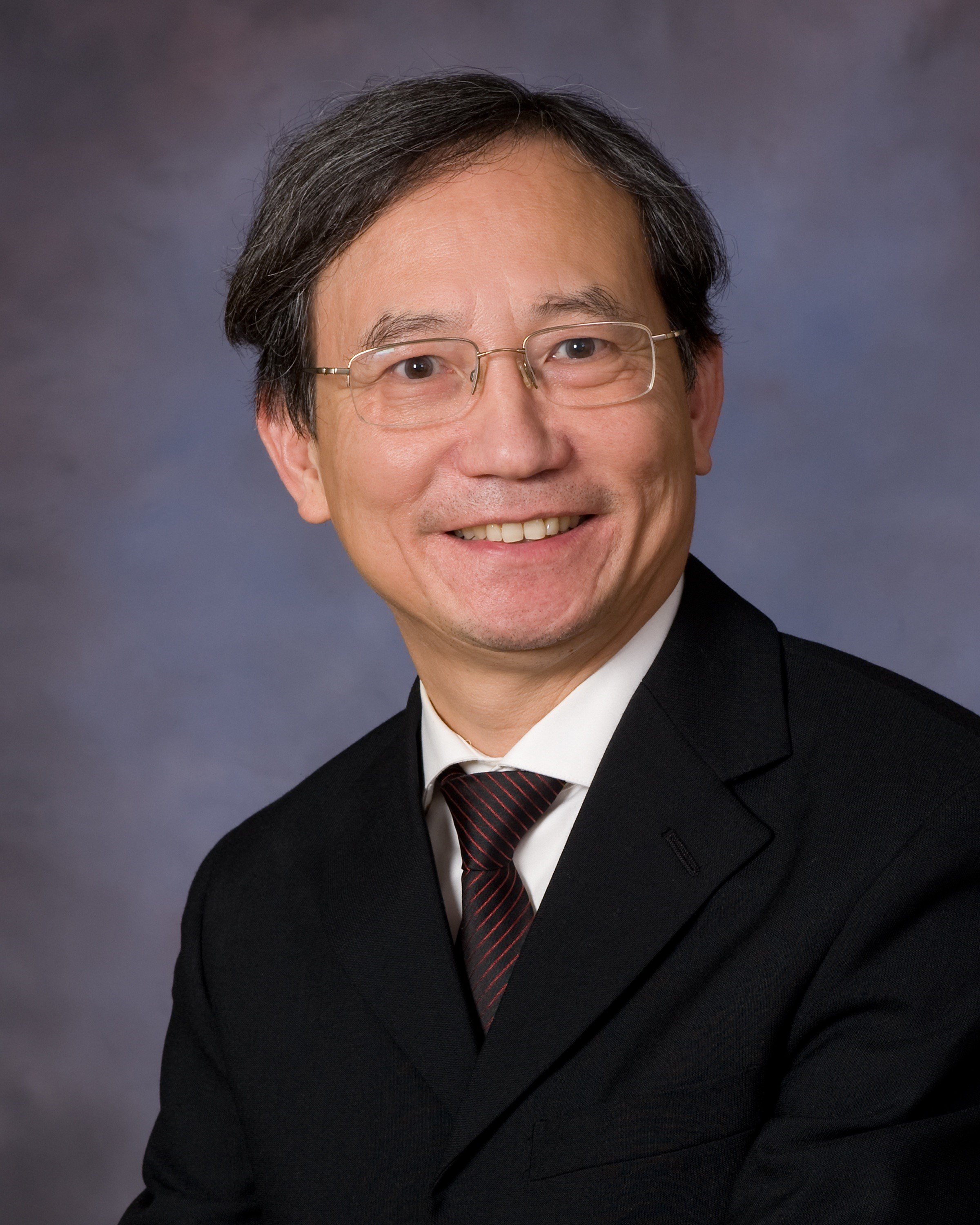Dr. David Wong
Dr. David Wong graduated from University of Hong Kong in 1974, and received his training in Paediatrics in United States. He moved to Summerside, Prince Edward Island, with his family in 1986, and started a consulting paediatric practice there. Within a short time after he arrived on the Island, he was referred some children, mostly boys, who were disruptive in classroom, and had difficulty learning. He knew nothing about this condition at the time. The Paediatrics textbook that he used in medical school only had one paragraph about these hyperactive children. There was no additional training during his residency in US. He recalled that one of his older brothers were also like that. This brother would break anything that he could find. He took apart the family’s clock, one that had many wheels inside, in 1950s, but couldn’t put it back together. He was severely punished physically by their father when he was growing up. He failed grade 5 three times, although he was the smartest child in the family.
Remembering that, Dr. Wong went away to get further training in this new condition called Attention Deficit Hyperactivity Disorder. Over the decades, he had seen thousand of children with ADHD. He was able to help many of them. However, there were also many that their parents didn’t want to hear about the diagnosis, and they didn’t want medical help.
Because of his success in helping these children, he received referrals from all across the province. Over time, he also received referral of adults who have ADHD, those who had dropped out of high school, got into drug and alcohol addiction, and had trouble with the law. He managed to get many of them better, staying away from drugs, and the jail. When he was contemplating retirement from Paediatrics, he felt the calling to continue to help adults with ADHD. At that time, he had followed many dozens of patients who have become adults in their 20s, 30s, and 40s. The health authority allowed him to see adults, and named him the ADHD Specialist of PEI.
In 2022, Department of Health and Wellness, awarded Dr. Wong with one million dollars to start the first publicly-funded Adult ADHD Program in the country. He has trained several Nurse Practitioners who are collaborating with him in assessment and treatment of adults with ADHD across the province. They are using a multi-disciplinary approach in helping Islanders with this medical condition.
Children of Parents with ADHD and SUD
How can we prevent this from becoming a multi-generational problem?
ADHD is the most common psychiatric or mental health condition in children. It is a genetic condition, passed on from parents to their children. Most research showed that the prevalence of ADHD in children is about 5-9%. This is most likely an under-estimation. Most girls are less physically hyperactive or disruptive; they are daydreamers and would not be recognized until later in life. In addition, many children with ADHD grow up in chaotic households with parents who have ADHD but not diagnosed or treated. They have difficulty managing their emotions; they get frustrated with their children and get angry easily. They have difficulty with their financial situations because of under-employment or unemployment. Many are also dealing with their own addiction to legal and illegal drugs. This is further compounded by these children’s difficulties in school, hard to pay attention, poor academic performance, poor self-esteem, and poor interaction with their peers. Many teenagers start to experiment with drugs earlier in life than peers who don’t have ADHD: presence of drugs at home, as well as their impulsive tendency, willing to try anything and everything. They can progress quickly from drug experimentation to addiction. Many go through treatment programs like revolving doors, relapsing over and over again. It is a huge challenge, but not impossible, to help these parents and children with ADHD and to avoid this multi-generational problem.
Objectives:
Recognize the linkage between ADHD and drug addiction.
Understand the importance of early diagnosis and treatment of children who have ADHD.
Determine ways to screen, assess, and treat women (and men) in addiction facilities who have ADHD, and support them in the community.
